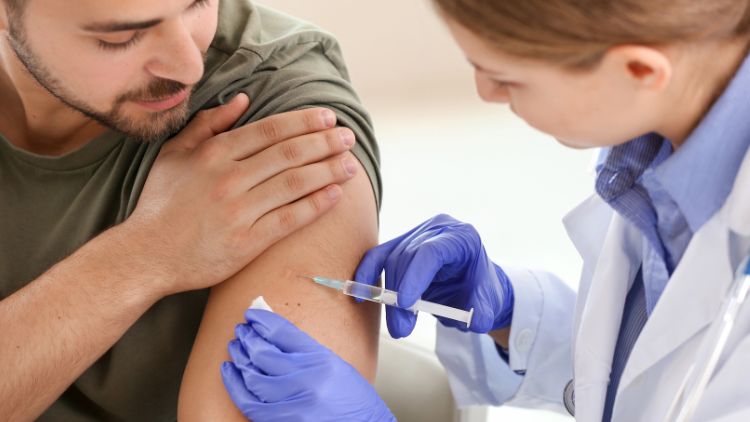It seems that almost everyone knows someone who has had cancer, and what’s even worse is that cancer survivors sometimes find that the cancer comes back.
Wouldn’t it be amazing if there were a vaccine that prevented cancer from coming back?
There just might be, according to promising research about a new experimental cancer vaccine.
The New York Post reports that UCLA Health Jonsson Comprehensive Cancer Center recently published the promising results of phase 1 of their clinical trial of an experimental vaccine called ELI-002 2P. The hope is that this vaccine would prevent pancreatic and colorectal cancers from coming back.

The study consisted of 25 patients who had all undergone surgery to remove tumors due to pancreatic or colorectal cancer. In every case, the patients showed “signs of minimal residual disease,” which meant they were at high risk of the cancer coming back.
In 90% of pancreatic cancers and more than 50% of colorectal cancers, mutations of the KRAS gene is responsible for the cancer coming back. This new vaccine, which is given via a series of injections, targets these mutations.
Twenty-one out of 25 patients generated “KRAS-specific T cells.” That means the patients now have a stronger immune response. Patients with a higher immune response also have a higher survival rate.
In 6 patients (3 colorectal cancer patients and 3 pancreatic cancer patients), the news was even more promising. The vaccine appeared to remove all disease biomarkers. Twenty months later, the patients with the strongest immune response were still cancer free.

In a press release about the study, the first author of the study, Zev Wainberg, M.D., professor of medicine at the David Geffen School of Medicine at UCLA and researcher in the UCLA Health Jonsson Comprehensive Cancer Center, said, “This is an exciting advance for patients with KRAS-driven cancers, particularly pancreatic cancer, where recurrence after standard treatment is almost a given and effective therapies are limited.”
He added, “We observed that patients who developed strong immune responses to the vaccine remained disease-free and survived for much longer than expected.”
Watch the video below to learn more about this promising new experimental vaccine.



